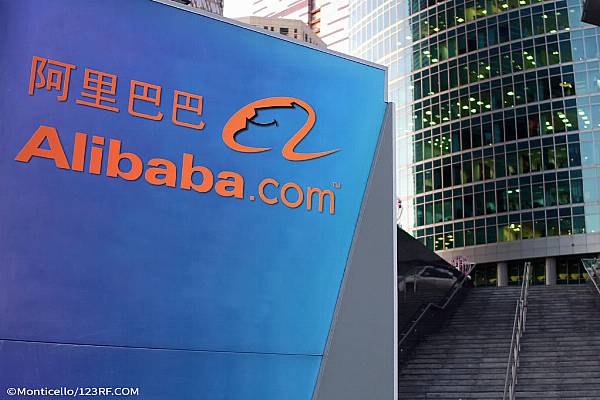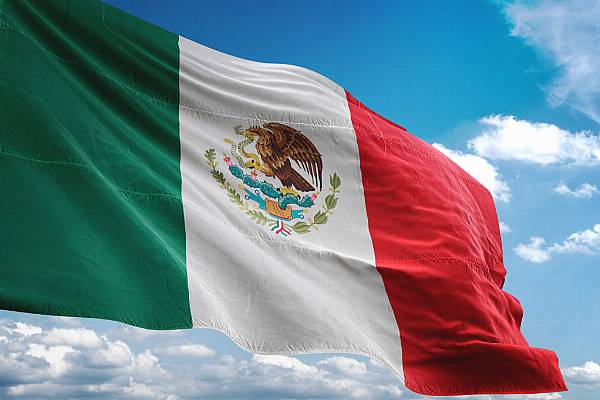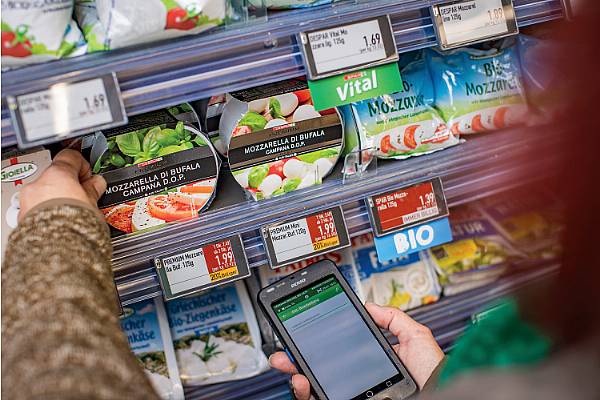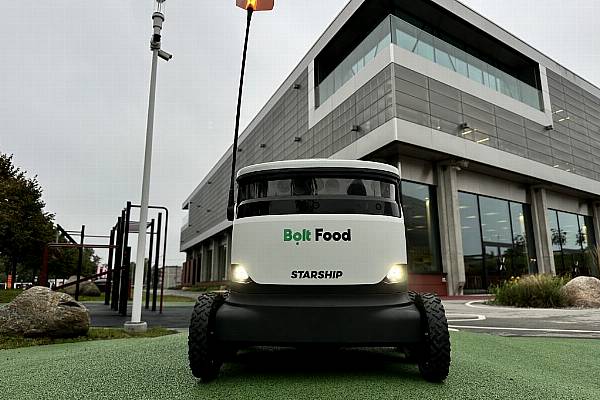Alibaba Group plans to split its business into six main units covering e-commerce to cloud in the biggest restructuring of its 24 year history, five of which it said will explore fundraising or initial public offerings.
The six units are Cloud Intelligence Group, Taobao Tmall Commerce Group, Local Services Group, Cainiao Smart Logistics Group, Global Digital Commerce Group and Digital Media and Entertainment Group, it said in a statement.
Each of the six will be managed by its own CEO and board of directors.
Daniel Zhang will continue to serve as chairman and CEO of Alibaba Group, which will follow a holding company management model, and concurrently serve as CEO of Cloud Intelligence Group.
Each business group and other investments will retain the flexibility to raise outside capital and seek an initial public offering, it said, with the exception being Taobao Tmall Commerce Group that handles its China commerce businesses and will remain an Alibaba Group wholly owned unit.
Alibaba's US-listed shares rose as much as 8% after the news.
'More Agile' Organisation
"The original intention and fundamental purpose of this reform is to make our organisation more agile, shorten decision making links and respond faster," Zhang said in a letter to staff seen by Reuters.
Each business group, he said, had to actively tackle the rapid changes in the market and each Alibaba employee had to "return to the mindset of an entrepreneur."
He also said that the company would "lighten and thin" its middle and back office functions, but did not detail job cuts.
News of the restructuring comes one day after Alibaba founder Jack Ma was spotted at a primary school in Hangzhou, marking his first public appearance in mainland China in over a year.
Ma left China in late 2021 just as authorities launched a regulatory crackdown on the country's tech sector.
Ma's stay abroad came to symbolise a reversal of fortunes for China's private sector after his empire and the technology industry were the targets of Beijing's regulatory crackdown.
Comments From Analysts
"It does seem something of a coincidence that this is happening just as Ma seems comfortable returning. To me it suggests something that Alibaba has been wanting to do for some time, but has been waiting for the opportunity to do so," said Stuart Cole, head macro economist at brokerage Equiti Capital.
The restructuring "does inject an element of flexibility and adaptability into the company, which currently is something of a behemoth," he added.
Kenny NG, Strategist at China Everbright Securities, Hong Kong said, "It releases additional value. With this expectation, investors will be more positive on Alibaba. It may reflect a new round of development for the business and reduce worries of regulatory issues."
Art Hogan, Chief Market Strategist At B Riley Wealth, Boston, said, "When you get to a certain size and have multiple different disciplines inside your business model, it's hard to have ascribed the value that would be the sum of the parts."
"Alibaba planned to split into six different units to ascribe an appropriate value to each of its different units, likely makes sense if they're able to pull this off."
Read More: Alibaba Beats Quarterly Revenue Estimates As COVID-19 Curbs Ease
Xiaoyan Wang, analyst At 86Research, stated "We believe that the separation of Alibaba's businesses is a good thing for its stock price, as it will unlock value and make each business more flexible and competitive.
"As for regulation, we think it's also a positive development. After the businesses are spun off from Alibaba, the regulatory risks they face may actually decrease, rather than being subject to Jack Ma's personal risk. This will make it easier for investors to assess regulatory risks more clearly."
David Blennerhassett, analyst at Ballingal Investment Advisors, said, "This somewhat mirrors Alphabet's path in which it also became a Holdco for a number of operations. Sounds like a sound practice for the siloed ops to independently carve out their own brand/narrative, if you will, IPO, and uplift funds to the parent.
"Although this may provide added granularity to Alibaba's various businesses, it doesn't necessarily translate Alibaba is more attractive if it continues to control each segment - or holding minority/equity-accounting stakes, and the market assigns discounts on discounts."
"I do wonder if there is some regulatory angle here, ringfencing some outfits that may face greater scrutiny. Interesting timing as this announcement coincides with Ma visiting China again," Blennerhassett added.
News by Reuters, edited by ESM – your source for the latest technology news. Click subscribe to sign up to ESM: European Supermarket Magazine.














